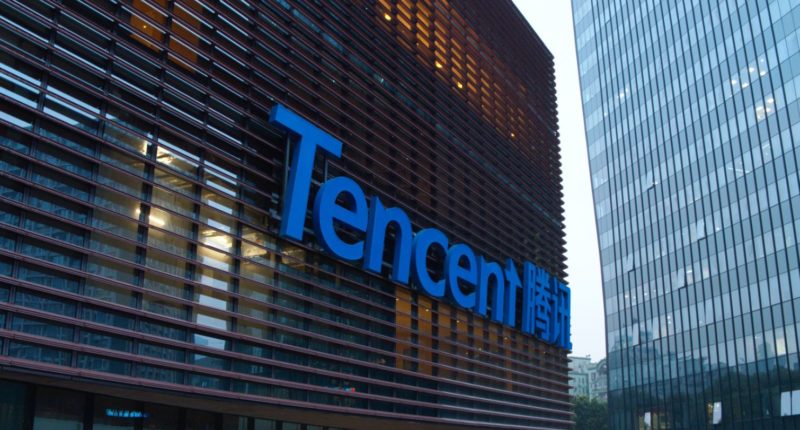It is no hidden secret, that Tencent’s financial fortunes have lately been closely linked to how successful its wildly popular Battle Royale, PUBG has become. And it was almost inevitable, that a ban by one of its largest markets India — both financially as well as on userbase — would have an adverse financial impact. And that is exactly what seems to have happened.
Within days of India’s ban on company’s insanely popular title — PUBG, Tencent Holdings Ltd. share price has nosedived 5% in combined two days worth of trading on the Hong Kong stock exchange. That 5% shave off the share price has resulted in the Chinese gaming behemoth losing nearly $34Bn of its market cap. This combined damage is the second biggest for Tencent this year.
The company’s performance at the Hong Kong Stock Exchange took a hit from the ban of PUBG Mobile in India, which led to the share price closing in at 518 HKD, down from 534 HKD at the previous closing. Indian government decided that PUBG Mobile was “prejudicial to sovereignty and integrity of India, Defence of India, Security of State and Public Order,” and banned the game, alongside 117 other Chinese apps. Those 117 apps also included a lot of other Tencent backed apps as well.
The company has lost billions of dollars in market cap, since the ban was issued, losing nearly $14 billion on the very day of the announcement. Today’s drop was even worse, and will leave a much wider hole in the Chinese tech conglomerate’s pocket. While Tencent and PUBG continue to suffer, Activision has prepped up to present COD Mobile as a viable substitute, even ending its partnership with Tencent to preclude a ban in this opportunistic market that is suddenly up for grabs.
The drop isn’t really surprising, since India is (was) the largest market for the game, according to a report from Sensor Tower, a platform that tracks app data. In fact, its presence in India was so prolific that the region made up for 175 million installs of the app, or 24% of the total.
Of course, the damage to the company’s financial fortunes isn’t just because of this latest ban, but because of the larger geopolitical situation that continues to remain intense on the India-China border. China’s tech behemoths such as Tencent, a whole lot of whom have built fortunes by mostly serving affordable products to large markets such as India, are facing the heat of the country’s aggressive political positioning.
The Chinese military continues to do transgressions on the Indian side of the border, resulting in retaliatory measures from the Indian side. India has now banned well over 300 Chinese apps, which includes some of the biggest names by user base, such as TikTok, Cam Scanner, PUBG among a host of others. Many believe, that TikTok’s demise was largely triggered by India’s rather rare strong stance against tech developed specifically by Chinese companies.
The Tech Portal is published by Blue Box Media Private Limited. Our investors have no influence over our reporting. Read our full Ownership and Funding Disclosure →






